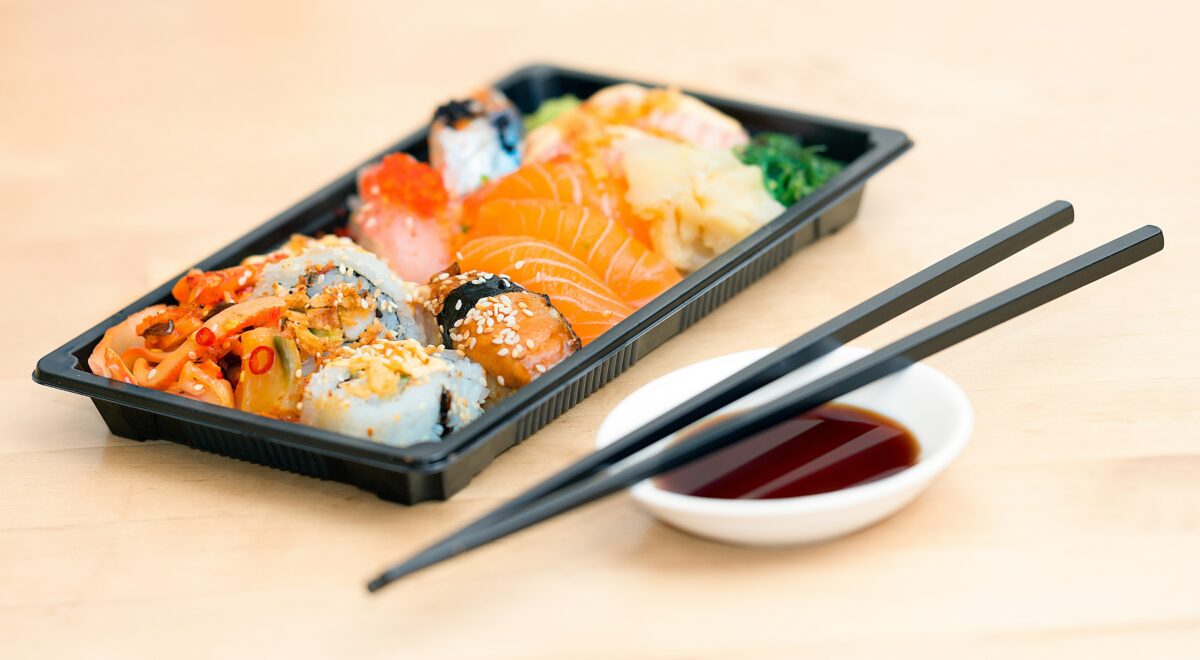It is important to adjust your nutrition as needed in order to support a healthy pregnancy. Below is a list of foods that are generally considered unsafe for pregnancy and are best to limit or avoid.
Avoid
- Alcohol – Alcohol can cross the placenta and can impact your growing baby’s development.
- Raw shellfish
- High mercury fish – The bigger the fish, the more mercury it will contain. Shark, swordfish, tilefish, king mackerel, big eye tuna, marlin, orange roughy should be avoided.
- Pre-cut fruits and vegetables – While there is no reason to limit or avoid fruits and vegetables as a whole, pre-cut fruits and vegetables have a higher risk of contamination with food borne illness. This does not apply to canned or frozen items. When purchasing fresh produce, it is important to follow food safety guidelines and wash and store them properly before consuming.
- Pre-made salads such as ham salad and chicken salad should not be consumed by pregnant women unless they are prepared at home.
- Toxoplamsa gondii is a parasite that is present in cat feces. Pregnant women should not change litter boxes for this reason.
Limit
- Caffeine – It is recommended to limit to 200mg of caffeine per day
- Sugar – Sugar does not directly cause gestational diabetes, but there are several things that increase risk, one of which is overweight/obesity prior to pregnancy. Eating too much added sugar can lead to eating too many kcal, which could lead to overweigh/obesity, which can in turn predispose someone to gestational diabetes (“Centers for Disease Control,” 2022).
- Artificial sweeteners – Research is suggesting that artificial sweeteners can interfere with our gut microbiome as well as increasing the likelihood of your child preferring sweet foods as they grow up (Ruiz-Ojeda et al., 2019).
- Deli meat – Deli meat and hot dogs should be heated until steaming hot. If you’re worried, heating deli meats to 165F greatly reduces the risk of listeria contamination.(“U.S. Food and Drug Administration,” 2022).
- Good choices rich in omega3 fatty acids, but lower in mercury include salmon, shrimp, tilapia, flounder, canned light tuna (includes skipjack tuna) but albacore tuna and yellowfin tuna should be limited to 4 ounces per week (“United States Environmental Protection Agency,” 2022).
Casey Thomas-Hardesty, MS, NTP
Two Peas Wellness
Reviewed and edited by Heather Emerson-Payne, RD, PhD, 2023
References
Centers for Disease Control. (2022). Diabetes Risk Factors. Updated, April 5, 2022. Accessed August 14, 2023. https://www.cdc.gov/diabetes/basics/risk-factors.html
Ruiz-Ojeda, F. J., Plaza-Díaz, J., Sáez-Lara, M. J., & Gil, A. (2019). Effects of Sweeteners on the Gut Microbiota: A Review of Experimental Studies and Clinical Trials. Adv Nutr, 10(suppl_1), S31-S48. doi: 10.1093/advances/nmy037. Erratum in: Adv Nutr. 2020 Mar 1;11(2):468. PMID: 30721958; PMCID: PMC6363527.
U.S. Food and Drug Administration. (2022). Food Safety for Pregnant Women, Their Unborn Babies and Children Under Five. Pages 1-3. Accessed August 14, 2023. https://www.fda.gov/media/83740/download?attachment
United States Environmental Protection Agency. (2022). EPA-FDA Advice about Eating Fish and Shellfish. Updated November 3, 2022. Accessed July 12, 2023. EPA-FDA Advice about Eating Fish and Shellfish | US EPA
© WKU {2022} All rights reserved.
